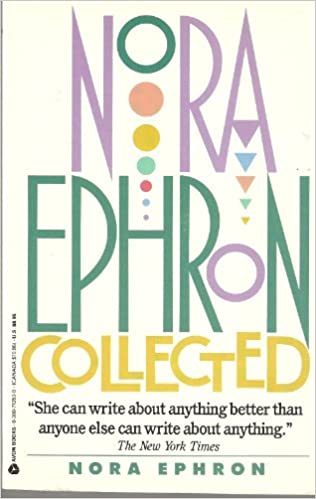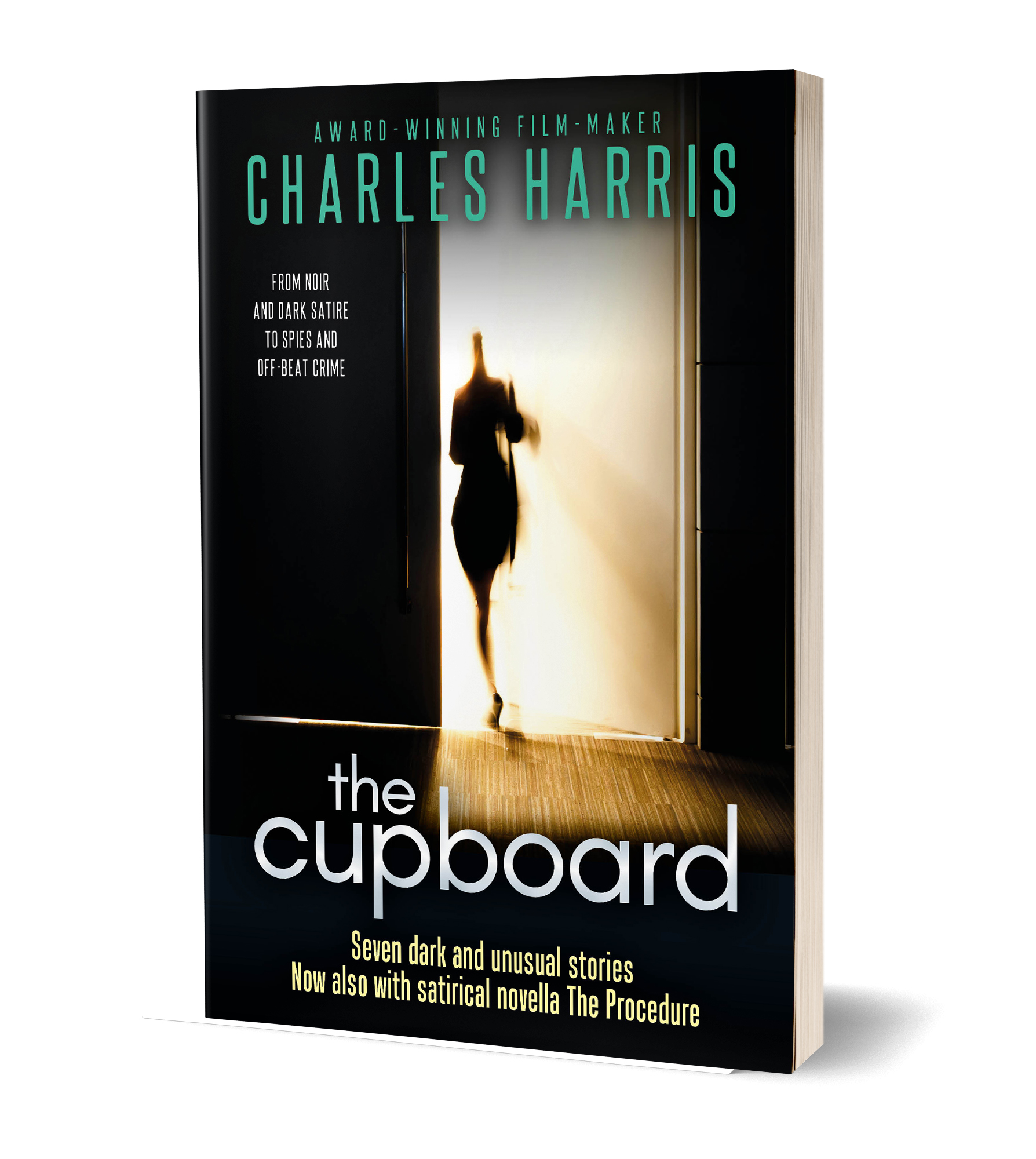Everything is copy – review of Nora Ephron Collected
15 Friday May 2020
Tags

NORA EPHRON COLLECTED
I don’t know about you but I am a sucker for Nora Ephron’s screenplay for When Harry Met Sally. The movie’s pretty good too, but the script is outstanding.
On the other hand, I’d never got round to reading her journalism, until I bought a second-hand copy of Nora Ephron Collected on Amazon and dived in.
The received wisdom is that her journalism was even better? This week, I ask if the received wisdom was right? Was Nora as good on the page as on screen?
Nora Ephron Collected
You may not have heard of Nora Ephron, but unless you are brain dead, you’ll have heard of When Harry Met Sally – a regular in the top 10 greatest romantic comedies – but somehow sassier, more knowing, than your average romcom.
Or Sleepless in Seattle… Or You’ve Got Mail... Pretty good too, if not quite up there in the stratosphere with WHMS.
You may even have heard of Heartburn, her savage satirical hardly-fictional takedown of her own marriage and divorce with Carl Bernstein, starring Meryl Streep and Jack Nicholson.
On the other hand, if you have actually heard of Ephron herself, you probably know one thing, if nothing else – her mother’s death-bed comment: “Everything is material.”
A writer speaking to another writer, if ever I’ve heard one.
Though in fact the dialogue Ephron quotes in this book is slightly different. “You’re a journalist. Take notes.” And the documentary that Ephron’s son made of her was called “Everything is Copy.”
Perhaps her mother said all three. Who knows? Because I’m writing this review before having finished the book. It may sound strange, but it’s a very Ephron thing to do.
Ephron always gave the impression that she was writing from the coal face. In the moment, up-to-date. Sending wry dispatches from the social front. Descriptions of the latest spat among leading feminists, dry as a New York Martini. Or a satirical disembowelling of the latest NY fad.
No plumber or dental hygienist
Ephron was born in New York, to two Jewish playwrights and screenwriters, who named her after the protagonist in Ibsen’s play A Doll’s House.

I don’t know if she ever wanted to be a plumber or a dental hygienist, but after that start she never had a hope.
Although she spent her childhood in Beverley Hills, New York was in her veins. She dreamed of moving there and becoming another Dorothy Parker.
She didn’t do too badly when it came to following Parker’s writing footsteps, and if she wasn’t quite her equal with the barbed wit, she didn’t fall far short.
(Take, for one small example, the line in Heartburn where she describes the philandering husband as “capable of having sex with a Venetian blind.”)
She finally made it back to New York via a brief internship in John F Kennedy’s White House. She worked in the mailroom at Newsweek and then joined in a class-action law suit against the magazine because they wouldn’t let women write.
It was the first major outing for a democratic political and feminist edge that she never lost. Though she could be critical of those whose opinions she shared too, if she felt they deserved it.
It was always the truth that counted (and laughs).
She went on to write lampoons for the satirical magazine Monocle and columns for the New York Post and then Esquire.
From vaginal deodorants to Pride and Prejudice
Her articles, some of the best of which are collected here, sparkle with wit, style and yet are always based in fact. Any writer who wants to improve could do worse than study them in detail.
A few of the pieces in this book may seem past history, bringing to life half-forgotten disputes from the early days of 60s and 70s feminism, or reviving distant glimpses of the Nixon era.
Even these, however, are always interesting. Others – such as her stilettoing of the middle-aged lady artists of Palm Beach who can buy themselves front page spreads in the local magazine – are a joy.
As is her description of the scam that was vaginal deodorants. And her real feelings about Elizabeth Bennet and Pride and Prejudice.
Her skewering of Dorothy Schiff, mindless editor of the New York Post – and her ex-employer – is as fresh as when it was first written.
Nor does her one-time heroine Dorothy Parker get off lightly. She’s astute enough to realise that even heroines have feet of clay.
Much more than the Ephron legend
After years of failing to be Dorothy Parker, she learned that “Dorothy Parker had not been terribly good at being Dorothy Parker either.” But as she says, despite the disappointing reality of Parker’s life, “The point is the legend.”
With Nora Ephron, though, there is so much more than the legend. If you read no other would-be Dorothy Parker, feminist, democrat, American columnist of the last century, read this one.
Let me rephrase that, if you read no other sharp, satirical, sassy journalistic collection, read this one.
Oh, just read it.
Read more
Nora Ephron Collected – Amazon US Amazon UK


Tell people what you think